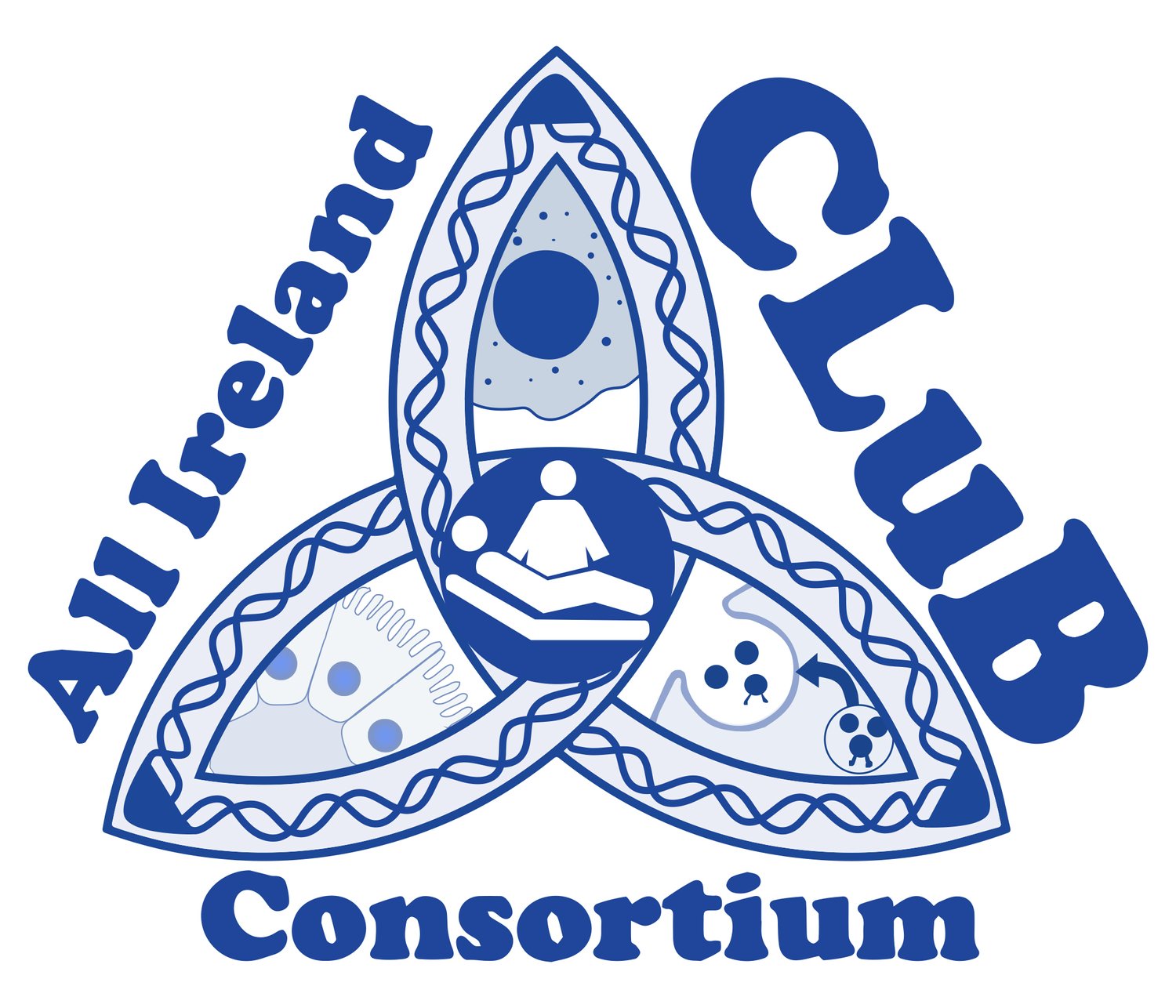
Background to CLuB’s Research into Liquid Biopsies
Blood tests, instead of invasive tissues biopsies, are the holy grail for cancer diagnosis and optimal treatment selection for patients. Such blood tests called “Liquid Biopsies” - if achieved - could be faster, cheaper, and routinely available.
They could help avoid unnecessary delays for those with cancer, and worry for those with harmless conditions; optimise treatment choices, while avoiding use of often expensive drugs producing side-effects but no benefit; and reduce overall strain on clinics/healthcare.
Even if Liquid Biopsies could not fully replace all tissue biopsies, they could add additional benefit by enabling on-going monitoring for tumour recurrence, treatment response, etc., contributing to improved quality-of-life and longevity.
How CLuB came to be
Researchers across the island of Ireland are internationally recognised for their research on particular components of liquid biopsies (those members of CLuB who are based at TSJCI/TCD, particularly for their expertise on extracellular vesicles (EVs) and circulating tumour cells (CTCs); those in QUB for their expertise on tumour DNA/Methylated DNA; and those in the University of Galway for big-data analysis and machine learning. However, this research is fragmented. Combining this multi-disciplinary expertise as an emerging hub of excellence, CLuB will synergistically evaluate component parts of cancer liquid biopsies, assessing their individual relevance and the added value of their co-analysis towards the development of personalised profiles and optimal patient care.



